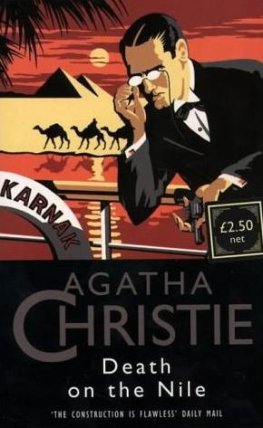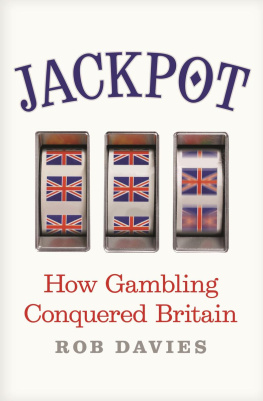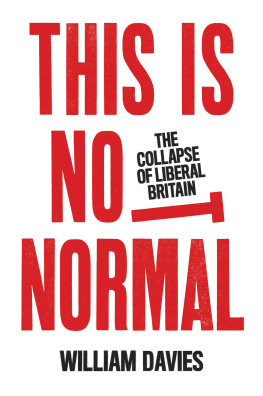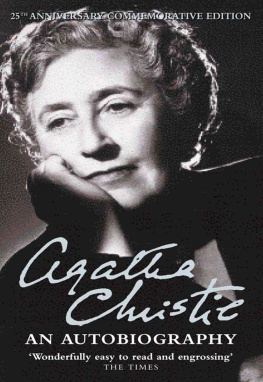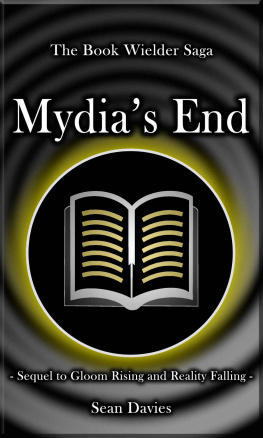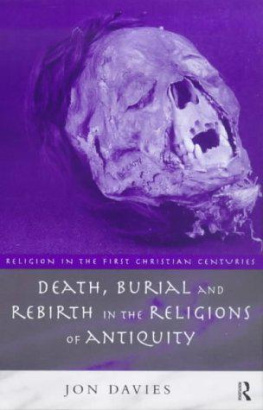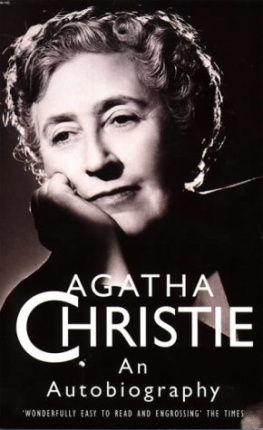The
Strange Death
of
Moral Britain
The
Strange Death
of
Moral Britain
Christie Davies
First published 2004 by Transaction Publishers
Published 2017 by Routledge
2 Park Square, Milton Park, Abingdon, Oxon OX14 4RN
711 Third Avenue, New York, NY 10017, USA
Routledge is an imprint of the Taylor & Francis Group, an informa business
Copyright 2004 by Taylor & Francis.
All rights reserved. No part of this book may be reprinted or reproduced or utilised in any form or by any electronic, mechanical, or other means, now known or hereafter invented, including photocopying and recording, or in any information storage or retrieval system, without permission in writing from the publishers.
Notice:
Product or corporate names may be trademarks or registered trademarks, and are used only for identification and explanation without intent to infringe.
Library of Congress Catalog Number: 2003067189
Library of Congress Cataloging-in-Publication Data
Davies, Christie.
The strange death of moral Britain / Christie Davies.
p. cm.
Includes bibliographical references and index.
ISBN 0-7658-0223-6 (cloth : alk. paper)
1. Great BritainMoral conditions. 2. Great BritainSocial conditions
1945- I. Title.
HN400.M6D375 2004
306.0941dc22 |
2003067189 |
ISBN 13: 978-1-4128-0622-0 (pbk)
For Janetta and in memory of my father Christy Davies
Contents
A book such as this, drawing on a great variety of sources and employing a number of linked themes, of necessity requires the use of many libraries and archives and discussions with and advice from numerous colleagues. I would like to thank the staff of the libraries at Lambeth Palace and those of the special collections at the Univer-sity of Birmingham for granting me access to the private papers of a number of leading churchmen, and similarly the staff of the Lords Day Observance Society. I must also thank the librarians and staff of the British Library, the National Police Library at Bramshill, the Public Record Office, and the libraries of the University of Cambridge, the London School of Economics, and the League of Nations in Geneva. I owe a particular debt to the library of the University of Reading and especially to its inter-library loan staff. Many colleagues have provided helpful advice, particularly with regard to sources, and I would like to thank Digby Anderson, Paul Badham, Chris Blundell, Callum Brown, Philip Davies, Bill Durodie, Frank Furedi, Sandy Ghandhi, David Green, Simon Green, Arnold Harvey, Ian Hindmarch, Brad Hooker, Steve Hunt, Ellie Lee, John Marks, David Martin, George Moyser, Mark Neal, Ulrich Nembach, John OSullivan, David Oderberg, Ludek Rychetnk, Eugene Trivizas, David Warburton, Martin Wiener, Bryan Wilson, and Roy Wolfe for their comments and suggestions. Any errors and misinterpretations are mine alone. Much of the manuscript of The Strange Death of Moral Britain, as with my previous work, was first entered into the word processor by Helen Davis, on whose speed, accuracy, and good nature I have once again depended. I owe a further debt to my colleague Dawn Clarke for her help with the checking and amending of the manuscript that emerged. This volume is the product of many years of research, thinking, and planning, but its publication is due to the consistent encouragement I have received from Irving Louis Horowitz. He made it possible. I would like to thank him and his many colleagues at Transaction, particularly Mary Curtis, president, and Anne Schneider, editor, for their kindness as well as hard work in seeing it through to publication. Janetta as always provided the support that enabled me to complete the work and it is to her that the book is dedicated.
The Strange Death of Moral Britain is a story about surprises, about radical changes in selected moral aspects of Britain during the course of the twentieth century, which would not have been envisaged by most of the people living in that country at the beginning of that century. It is also likely that if these changes had been suggested to them at the time they would have viewed them with outrage and indignation. This volume is about the strange death of their moral Britain, a world with a low and declining incidence of crime and illegitimacy and falling drug and alcohol abuse in which respectability ruled, a world in which the value of duty, religion, and patriotism was taken for granted, even though their requirements might be evaded. It was a world that assumed that individuals were autonomous moral agents responsible for their own behavior, that the innocent ought to be protected, the virtuous rewarded, and the guilty punished. That moral world is now dead, and it is the task of this book to explain how and, rather more tentatively, why it died.
It is up to the individual reader in our much more morally fragmented twenty-first century to decide on balance how much was lost, or indeed gained, by its death. The British people at the beginning of the twentieth century lived in a world of shared virtues, even though they were strongly divided over politics, and they would have been shocked at the thought of the death of their moral Britain. Those looking backwards from the twenty-first century will be in disagreement, though most will have mixed feelings, seeing both losses and gains and also appreciating the curious ways in which particular losses and particular gains may well be inexorably tied together. On any particular issue the reader may well be able to discern my own evaluations or, indeed, ambivalence. I have not sought to banish these or hide them out of sight but I have tried to prevent them from damaging my analysis and, indeed, I have often changed my mind as a result of carrying out the work on which this book is based. What remains is neither a nostalgic account of moral Britain nor a rejection of it, and I am using the phrase moral Britain neither to shout hurrah, nor ironically. No doubt some will feel that I should have used the contested word moral in some other way, but the way it is used here, though contestable, is both reasonable and consistent and I make no apology for employing it.
Were imaginary beings from 1900 suddenly able to look forward and observe the material progress evident in twenty-first-century Britain they would be surprised only by the scale and the detail of the changes that have taken place, not by the fact of the changes themselves. The British people are far more prosperous than they were in 1900 and live longer than they did then, but in 1900 they were more prosperous and longer living than they had been in 1850; thus, they were confident that these improvements would continue. Likewise the people of 1900 already had experienced rapid scientific and technical change and knew that further change was both possible and likely. They knew with certaintynot absolute certainty, but as good a certainty as anyone is ever going to getthat their scientific knowledge and technical capacities were vastly improved over those of 1850 and would not have been surprised at further change in the same direction. It is impossible to predict any particular scientific discovery or new invention and for this reason futile to attempt to predict future changes over more than a very short period of time. However, we can be certain, and long have been certain, that there will be further major advances. This is the key, indeed the only, defining characteristic of modernity, the one sense in which we know today is more modern than yesterday (Davies 1999). Where our ability to understand and manipulate the material world is concerned, there is no late modernity and no post-modernity for there is nothing to be post to and late implies an approaching terminus for which there is no evidence. Contemporary Britain is more modern in its scientific knowledge and techniques than the Britain with which the twentieth century began, but both times are equally modern in that people knew at either time and throughout the intervening period that further unknown and unknowable changes were inevitable. Those who have experienced scientific and technical progress over a long period of time are unlikely to be greatly shocked when it continues.




